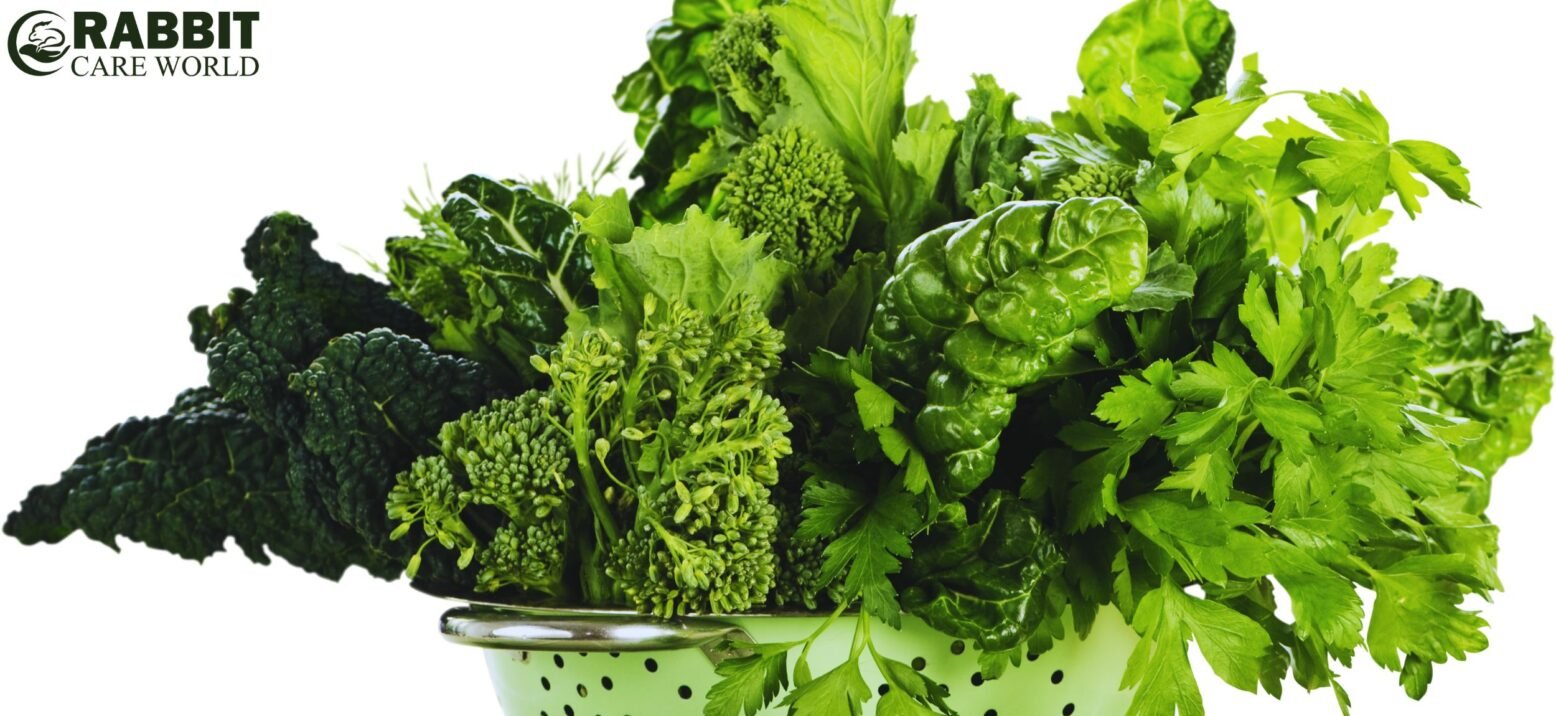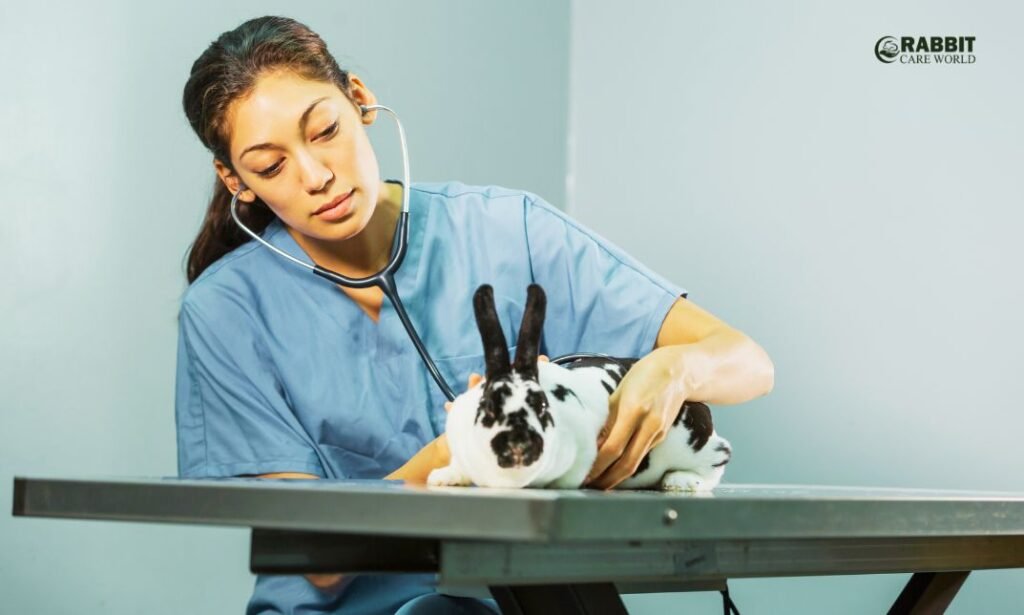Reflecting on: can guinea pigs eat kale? Yes, guinea pigs can eat kale. But moderation is key. Discover kale’s nutritional benefits. Let’s explore everything!
Kale offers many nutrients beneficial to guinea pigs. However, too much kale can cause health issues due to its high calcium content. Guinea pigs need a balanced diet to stay healthy. Kale is rich in vitamins and minerals, making it a great addition to their meals.
But feeding them too much kale can lead to bladder stones. This happens because of its high calcium content. So, it’s important to mix kale with other vegetables. This way, your guinea pig gets a variety of nutrients without the risk of health problems. Knowing how much kale to feed and the benefits it provides will help keep your guinea pig happy and healthy. Let’s explore the right way to include kale in their diet.
Table of Contents
ToggleKale As A Nutrient Powerhouse

Kale is a leafy green vegetable that packs a punch. It is rich in vitamins and minerals. This makes it a great addition to your guinea pig’s diet. Let’s dive into the nutrient benefits of kale.
Vitamins In Kale
Kale is loaded with vitamin C, which is vital for guinea pigs. They cannot produce this vitamin on their own. Lack of vitamin C can lead to scurvy in guinea pigs. This can cause joint pain and weakness.
Kale also contains vitamin K. This vitamin helps with blood clotting and bone health. Vitamin A is another important nutrient in kale. It supports vision and immune function.
Minerals In Kale
Kale is rich in important minerals. It contains calcium, which is essential for bone health. But be careful. Too much calcium can cause bladder stones in guinea pigs. Balance kale with other low-calcium foods.
Iron in kale helps in red blood cell formation. This supports overall energy levels. Kale also has potassium. This mineral helps maintain proper muscle and nerve function. Lastly, magnesium in kale is important for many bodily functions. It helps in energy production and muscle contractions.
| Vitamins | Benefits |
|---|---|
| Vitamin C | Prevents scurvy, supports immune system |
| Vitamin K | Promotes blood clotting, supports bone health |
| Vitamin A | Supports vision, boosts immune function |
| Minerals | Benefits |
|---|---|
| Calcium | Supports bone health, but in moderation |
| Iron | Helps in red blood cell formation |
| Potassium | Maintains muscle and nerve function |
| Magnesium | Aids in energy production and muscle function |
Kale is a nutrient-rich food. It offers many health benefits for guinea pigs. Remember to feed it in moderation. Balance it with other vegetables for a healthy diet.
Guinea Pigs’ Dietary Needs

Guinea pigs are small animals with specific dietary needs. Their diet must include essential nutrients for their growth and health. Understanding these needs helps ensure your pet stays active and happy.
Essential Nutrients
Guinea pigs need a balanced diet rich in vitamin C, fiber, and protein. They cannot produce vitamin C naturally, so it must come from their diet.
Fiber is crucial for guinea pigs digestion. Fresh vegetables, like kale, can provide necessary fibers. Protein supports muscle growth and repair. Plant-based protein is best for guinea pigs.
Daily Dietary Requirements
Guinea pigs should eat a variety of foods each day. Their diet should include:
- Hay: Unlimited supply of fresh hay for fiber.
- Pellets: 1/8 cup of fortified pellets.
- Fresh Vegetables: About 1 cup of mixed veggies, including kale.
- Water: Fresh and clean water daily.
Below is a table of important foods for guinea pigs:
| Food Type | Examples | Benefits |
|---|---|---|
| Hay | Timothy, Alfalfa | Essential for digestion |
| Pellets | Fortified guinea pig pellets | Provides balanced nutrition |
| Vegetables | Kale, Carrots, Bell Peppers | Rich in vitamins and fiber |
| Fruits | Apples, Strawberries | Occasional treats |
Health Benefits Of Kale For Guinea Pigs
Kale is a leafy green vegetable packed with nutrients. It offers numerous health benefits for guinea pigs. These small pets can enjoy kale as a treat. But it must be given in moderation to avoid health issues.
Improved Digestion
Kale is rich in fiber. Fiber aids digestion in guinea pigs. It helps maintain a healthy gut. Fiber also prevents constipation. This makes kale an excellent choice for digestive health.
Enhanced Immune System
Kale is high in vitamin C. Guinea pigs cannot produce this vitamin on their own. Therefore, they need it from their diet. Vitamin C boosts their immune system. It helps fight off illnesses. This keeps your guinea pig healthy and active.
Feeding Kale To Guinea Pigs
Guinea pigs need a variety of vegetables for a balanced diet. Kale is a popular choice for many guinea pig owners. It is rich in vitamins and minerals. But, it is essential to feed it properly.
Serving Size
Guinea pigs should have kale in small amounts. A few leaves once or twice a week is enough. Too much kale can cause health problems. It is high in calcium, which can lead to bladder stones.
Preparation Tips
Always wash kale before feeding it to guinea pigs. Remove any pesticides or dirt. Chop the kale into small pieces. It makes it easier for them to eat. Mix kale with other veggies to provide a balanced diet. This ensures your guinea pig gets various nutrients.

Frequently Asked Questions
Is Kale Safe For Guinea Pigs?
Yes, kale is safe for guinea pigs. It provides vitamins and nutrients.
How Often Can Guinea Pigs Eat Kale?
Guinea pigs can eat kale 2-3 times a week. Too much can cause gas.
What Are The Benefits Of Kale For Guinea Pigs?
Kale is rich in Vitamin C, which is essential for guinea pigs’ health.
Can Baby Guinea Pigs Eat Kale?
Yes, but in small amounts. Their digestive systems are more sensitive.
Are There Any Risks Of Feeding Kale To Guinea Pigs?
Yes, too much kale can cause bloating and kidney problems due to high calcium.
Conclusion
Kale can be a healthy treat for guinea pigs. It offers valuable nutrients. But, feed it in moderation. Too much kale can cause health issues. Always wash kale well before feeding. Introduce it slowly to avoid stomach upset. Balance their diet with other veggies and hay.
Your guinea pig’s health is most important. Monitor their reaction to new foods. Happy feeding!



